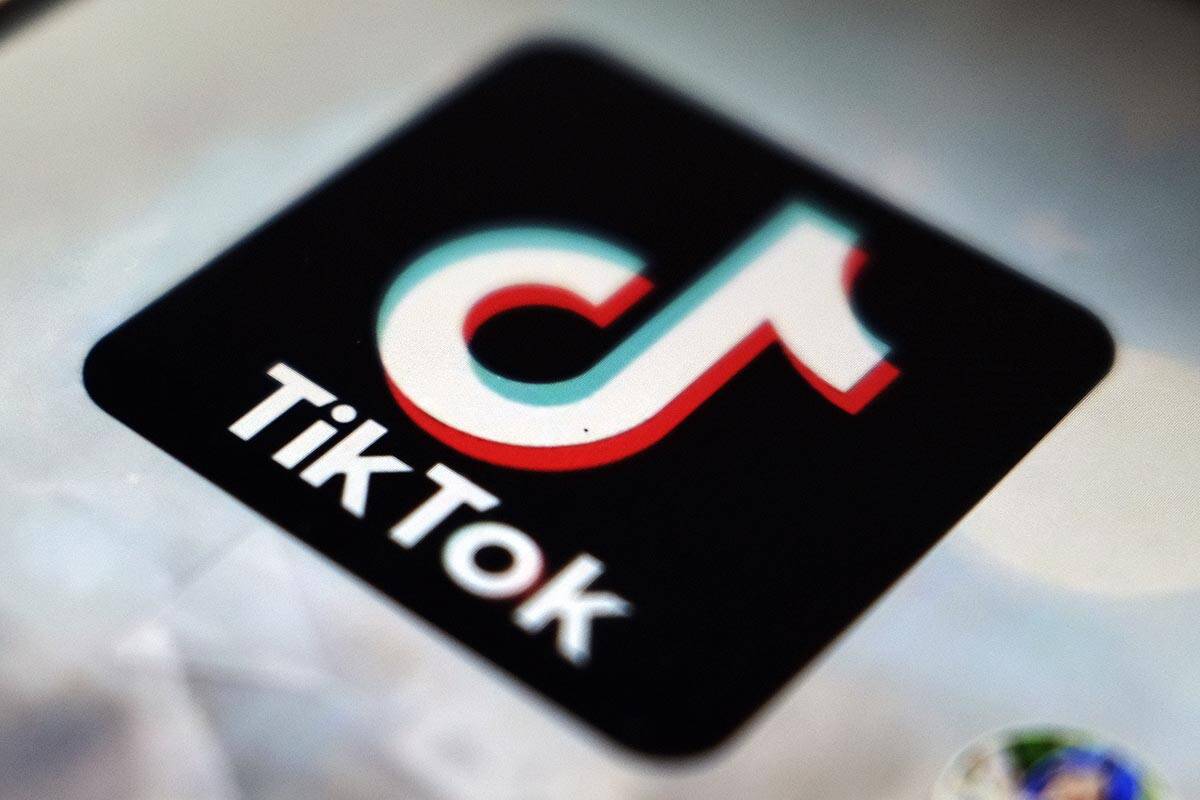TikTok loses battle in Nevada Supreme Court, paving way for trial
The Nevada Supreme Court has upheld a decision from Clark County District Court, which denied TikTok’s petition to dismiss the case brought against it by the Nevada attorney general, in an opinion filed Thursday.
Attorney General Aaron Ford, alongside three other Nevada state law firms, filed civil actions against TikTok in January 2024, alleging the app is designed to addict young minds and encourages problematic internet usage causing mental, physical and privacy harm. In keeping users on the app for “as long as possible,” the app can collect and sell data from users to third-party advertisers, which subsequently targets users, the state alleges.
The state alleges in its lawsuit that these practices from the social media company are in violation of the Nevada Deceptive Trade Practices Act and other torts.
TikTok filed a petition to dismiss the case against them in the lower court for lack of personal jurisdiction and failure to state a claim in consumer protection. Although, in an opinion filed on Thursday, the Nevada Supreme Court has upheld the decision made by the lower court, paving the way for a trial against the social media giant.
“TikTok has failed in its effort to evade justice in Nevada courts. Again. As this case continues, I am confident my office will prevail,” Ford said in a statement. “The courts have made it clear — if you do business in Nevada and you hurt people in Nevada, you will face trial in Nevada. We will never stop working to hold social media companies accountable for the harm they have done to Nevada’s youth.”
According to the attorney general’s office, the ruling upholds that the federal Communications Decency Act, or “Section 230,” does not provide blanket immunity to social media platforms if accused of designing their products to be harmful.
Around 49 percent of Nevadans were active TikTok users, as of mid-2022, said the opinion from the court.
Attorneys for TikTok couldn’t immediately be reached for comment.
Opinion details
The state’s original complaint against TikTok alleged the company keeps young users on the app “for as long as possible” with low-friction variable rewards like auto-play and endless scroll on the “For You” page; social manipulation tools, such as quantified popularity; ephemeral content; push notifications; visual filters; and ineffective and misleading parental controls and well-being initiatives.
The app does so in order to collect and sell data to third-party advertisers and subsequently target users, alleges the state.
Additionally, the state recognized the presence of “filter bubbles,” where users encounter content that reaffirm their own beliefs and opinions. As a result, harmful content, such as drugs, alcohol, sexual activity and violence has been placed on young users’ feeds.
According to the opinion, in the state’s original complaint, they cited “internal TikTok documents” where they acknowledged young users compulsive and harmful use of the app due to filter bubbles.
TikTok attempted to have the district court’s ruling overturned on three fronts.
Firstly, claiming the court did not have the jurisdiction since the conduct the state alleges is not directed specifically at Nevada. Secondly, Section 230 immunizes them from liability for third-party content published to the platform. Finally, the First Amendment and a provision of the Nevada Constitution protect the social media company’s decision on how to “select, organize, and present third-party user-generated content.”
Contact Emerson Drewes at edrewes@reviewjournal.com. Follow @EmersonDrewes on X.


















